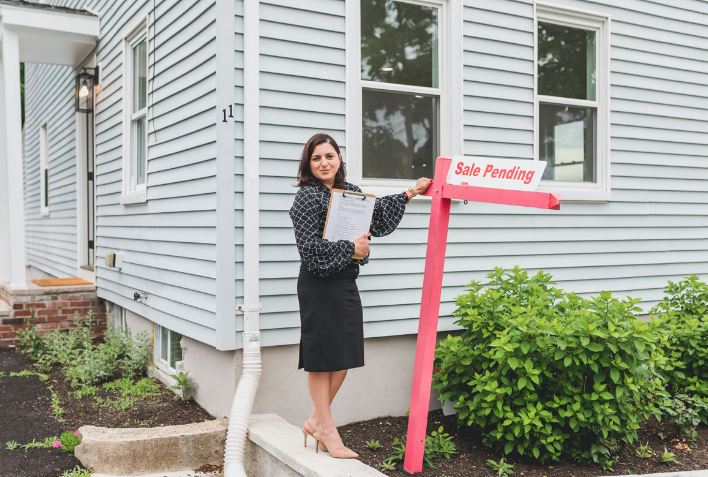Real Estate 101: A Beginner’s Guide to Buying a Home

Real Estate 101: A Beginner’s Guide to Buying a Home
Buying a home is a significant milestone and a major financial decision. If you’re a beginner in the real estate market, here’s a guide to help you understand the process and make informed decisions:
Real Estate 101: A Beginner’s Guide to Buying a Home
- Determine your budget: Evaluate your financial situation and determine how much you can afford to spend on a home. Consider your income, debts, credit score, and down payment capabilities. Remember to account for additional expenses like closing costs, property taxes, insurance, and maintenance.
- Get pre-approved for a mortgage: Consult with mortgage lenders to get pre-approved for a loan. This will provide you with a clear idea of how much you can borrow and help you narrow down your search for homes within your budget. Compare mortgage rates and terms from multiple lenders to find the best option for you.
- Identify your needs and preferences: Make a list of your must-haves and deal-breakers for your future home. Consider factors like location, size, number of bedrooms and bathrooms, amenities, proximity to schools or workplaces, and any specific features or style preferences.
- Work with a real estate agent: Engage the services of a reputable real estate agent who has in-depth knowledge of the local market. They will guide you through the buying process, help you find suitable properties, negotiate on your behalf, and handle the paperwork.
- Start the house hunting process: Begin searching for homes that meet your criteria. Utilize online listings, attend open houses, and rely on your real estate agent’s expertise to find suitable options. Take notes, ask questions about the condition of the properties, and visualize how each home aligns with your needs.
- Conduct due diligence: Once you find a property you’re interested in, conduct thorough inspections to ensure the home is in good condition. Hire a professional home inspector to assess the structure, systems, and potential issues. If necessary, consider additional inspections like pest or radon tests.
- Make an offer and negotiate: When you find the right home, make an offer through your real estate agent. Your offer should consider the property’s market value, comparable sales in the area, and any contingencies such as inspections or financing. Be prepared for negotiation and be open to compromising on certain terms.
- Secure financing: If your offer is accepted, finalize your mortgage application with your chosen lender. Provide any necessary documentation, complete the appraisal process, and await loan approval.
- Complete the closing process: Work closely with your real estate agent, attorney, and mortgage lender to complete the necessary paperwork, including the title search, homeowners insurance, and any additional legal requirements. At closing, review and sign all relevant documents, pay closing costs, and receive the keys to your new home.
- Move in and enjoy: Once you’ve closed on your new home, it’s time to move in! Plan your move, transfer utilities, and settle into your new living space. Consider any renovations or improvements you might want to make and begin creating a comfortable and personalized home.
Remember, buying a home is a complex process, so it’s crucial to do thorough research, seek professional guidance, and take your time to make well-informed decisions. With careful planning and consideration, you’ll be on your way to finding and owning your dream home.

